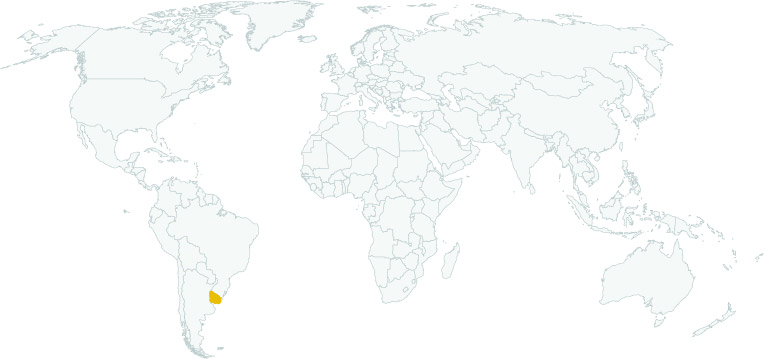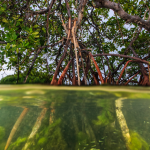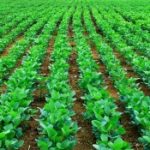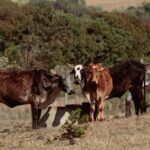
The Development Bank of Latin America and the Caribbean (CAF) has announced an investment of US$25 million in Timberland Investment Group’s (TIG) reforestation strategy in Latin America. TIG, a subsidiary of BTG Pactual, aims to protect and restore around 150,000 hectares of deforested natural forests in Brazil, Uruguay and Chile. The initiative also aims to create sustainable and independently certified commercial forests to improve biodiversity and support inclusive community development. In line with its mission to boost sustainable development, CAF aims to become the region’s green bank committing to allocate US$25 billion in green financing by 2026 representing an increase from 24% to 40% of total approvals.
Barclays has published new supply chain sustainability requirements for clients in forest-risk commodity sectors including beef and palm oil.
Barclay’s has added a new Forestry and Agricultural Commodities statement to its website this week. The statement stipulates that Barclays has “no appetite” to support companies directly involved in illegal forest clearance.
From the beginning of July, beef producers will not be able to undertake work in areas of the Amazon rainforest cleared or converted after 2008.
Those producing beef in South America will also need to prove that they gave deforestation-free supply chains by 2025. By the end of 2025, these firms will need to update their policy commitments on deforestation and human rights, and to monitor and report on deforestation-free product volumes.
Barclays (BARC.L) has told beef sector clients they must prevent deforestation in their South American supply chains, in a policy document seen by Reuters that toughens the bank’s stance but stops short of campaigners’ demands.
Fianna Fáil MEP, Billy Kelleher has commented on the agreement between the European Commission and European Council to block products, such a beef or cattle, from entering the EU market which are linked to deforestation, and potential impacts on South American exporters of cattle products.
Click here to access the Global Illegal Logging and Associated Trade (ILAT) Risk assessment tool and to download the Forest Trends User Guide describing the functionality of the ILAT Risk Data Tool.
Click here to access the Cattle Data Tool.




